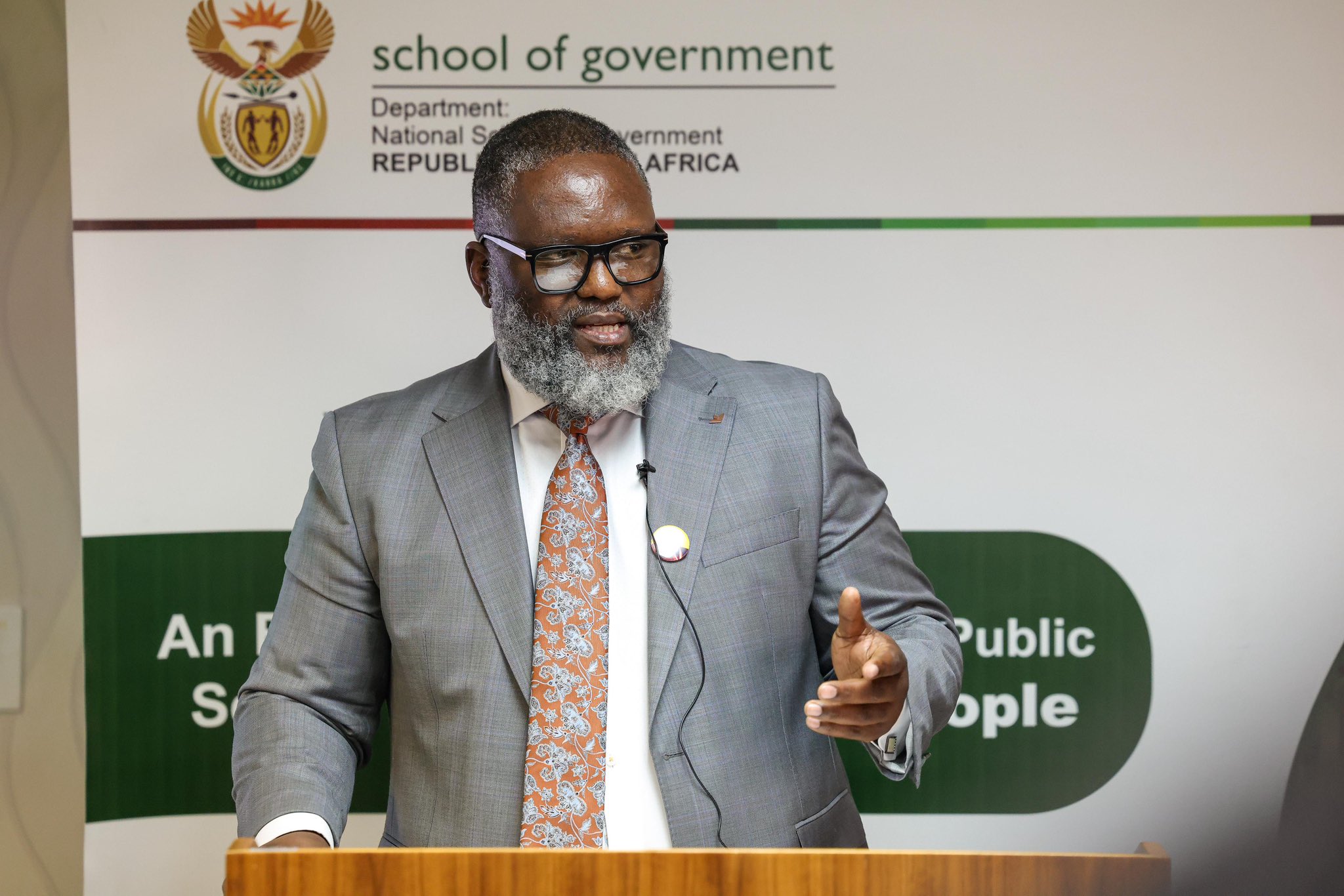News
Can South Africa Fix Its Public Sector Productivity? What Canada, Singapore, and Rwanda Can Teach Us

What Canada, Singapore, and Rwanda Can Teach Us
It’s no secret that South Africa’s public service is struggling. From long queues at Home Affairs to inconsistent service delivery in healthcare and infrastructure, the signs are visible in daily life. But just how far behind are we when compared to countries that seem to get it right?
A new report commissioned by the Presidency and led by a team of academics attempts to answer that question. Titled “Productivity as a Frontier in the South African Public Service,” the report offers a sobering but also hopeful look at how South Africa stacks up against Canada, Singapore, and Rwanda, three vastly different nations that are outperforming us in key public service areas.
Let’s break down what the report found, why it matters, and how South Africa could shift the narrative from inefficiency to innovation.
The Good News: Our Policies Are Strong on Paper
Here’s the twist: South Africa actually has some decent productivity legislation and policies. The problem? They’re rarely implemented effectively or enforced. It’s a story South Africans know all too well, good frameworks, poor follow-through.
The report warns that challenges such as corruption, low digital adoption, lack of accountability, poor skills development, and disconnected government departments are holding the country back. But it also says these aren’t insurmountable barriers.
“This report is not just a diagnostic tool,” said Minister of Public Service and Administration Inkosi Mzamo Buthelezi. “It’s a call to action.”
The Comparison: How We Stack Up Globally
Canada: A Masterclass in Modernisation
Canada’s public sector thrives on digital systems, skills development, and clear accountability. From 2007 to 2018, its productivity grew by 7.2%, largely due to automation and smart policy implementation. Canada consistently scores near the top in government effectiveness, regulatory quality, and transparency.
In contrast, South Africa saw a decline in productivity between 2000 and 2014, primarily due to poor management and limited training. Its score in government effectiveness barely hovers at 0.5 (on a 2.5 scale), compared to Canada’s steady 1.5 to 2.0.
Singapore: Efficiency in Action
Since gaining independence in 1965, Singapore has transformed from a struggling island nation into a global powerhouse. Its civil service is fast, efficient, and famously corruption-free. Transparency International routinely ranks it among the least corrupt countries on earth.
Singapore’s government effectiveness sits comfortably above 2.0. South Africa? Again, just 0.5. The message is clear: ethical leadership, consistent talent recruitment, and digital innovation make a difference.
Rwanda: A Surprising Continental Leader
While comparisons to Canada and Singapore might feel far-fetched, Rwanda is a fellow African country and it’s doing something right. Despite its tragic past, Rwanda has emerged as a model of stability and efficiency.
From 2012 to 2021, Rwanda made strong gains in government effectiveness, rule of law, and anti-corruption. Its “Imihigo” performance management system holds officials accountable and drives real progress. Meanwhile, South Africa’s public trust and political stability have been eroded by corruption scandals and factional infighting.
The Big Picture: Why This Matters
The report doesn’t just highlight failures, it points to specific areas for change.
-
Embrace digital transformation
Many departments still rely on outdated systems. Streamlining services through tech could improve speed, transparency, and cost-efficiency. -
Fix recruitment and performance systems
Hiring needs to be about merit, not political connection. And once hired, staff should be held to clear performance metrics. -
Promote ethical leadership
Singapore and Rwanda both show that zero tolerance for corruption builds trust and boosts productivity. -
Include citizens in the process
The government should work with people, not just for them. Rwanda’s participatory governance shows how citizen engagement can improve results.
Public Reaction: A Mix of Cynicism and Hope
On social media, South Africans had mixed feelings. Some pointed out that we’ve heard it all before, great reports, but no action. Others saw the comparisons as a wake-up call.
“If Rwanda can pull this off after everything they’ve been through, why can’t we?” asked one X (formerly Twitter) user.
“We need less talk, more delivery. Canada didn’t get where it is by making speeches,” posted another.
Still, many welcomed the transparency and the acknowledgment that improvement is possible, if there’s the political will to follow through.
There Are Bright Spots
Despite the gloomy comparisons, the report does highlight areas where South Africa is holding its own. Departments like Social Development, Home Affairs, and Basic Education often meet or exceed their service delivery goals.
The Department of Transport has made some gains in customer satisfaction, though challenges like train punctuality persist.
But the report cautions that “merely meeting targets” isn’t enough. The bar must be raised, and performance should be measured not just by delivery, but by impact.
The Takeaway: Can We Catch Up?
Yes, but only if we stop treating productivity as a buzzword and start making real changes on the ground. The examples from Canada, Singapore, and Rwanda prove that reform is possible, even in the face of challenges.
South Africa doesn’t need to reinvent the wheel. It just needs to steer with intention, hold leaders accountable, and invest in the systems and people who can get the job done.
As Buthelezi rightly put it: “Improving productivity in the public service is not a choice; it is a necessity for building trust, delivering quality services, and achieving sustainable development.”
And for the millions of South Africans relying on those services, that shift can’t come soon enough.
{Source: BusinessTech}
Follow Joburg ETC on Facebook, Twitter , TikTok and Instagram
For more News in Johannesburg, visit joburgetc.com


























